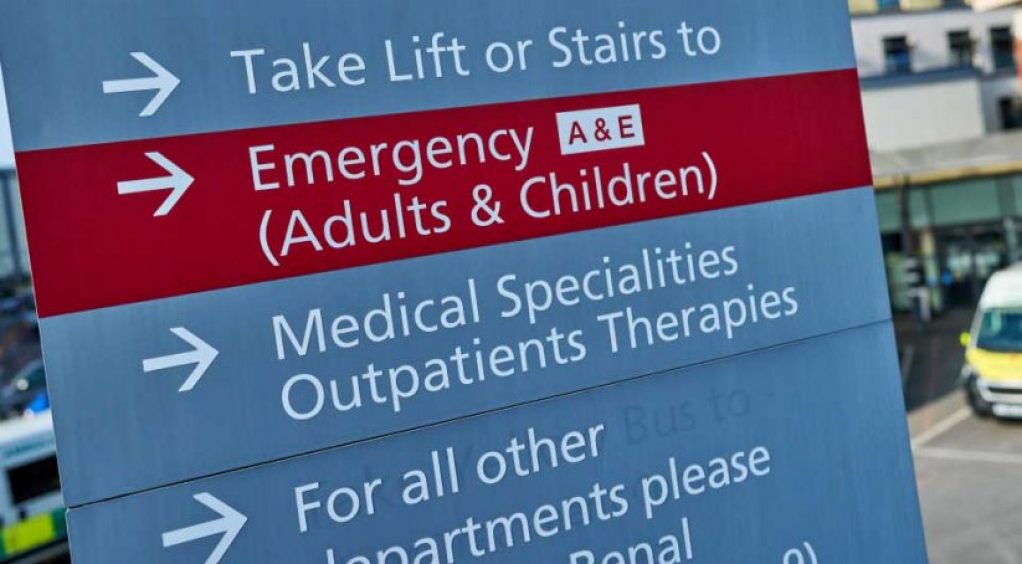Derbyshire health and care system declares Critical Incident and announces measures to protect patient safety
The Derbyshire health and care system is currently exceptionally busy, with pressure on services reaching new levels in the last 24 hours. Due to the significant and sustained demand for services, a critical incident has been declared to help prioritise and maintain safe services for patients.
We continue to see an increased number of patients arriving at hospital by ambulance. There are also extended waiting times for patients to access beds in our hospitals following arrival in Emergency Departments. There are also difficulties discharging patients due to due lack of capacity across our community care sector.
We have plans for times of increased pressure, but our ability to continue to find solutions is being tested to extreme levels. Our teams continue to work exceptionally hard and we would like to reassure our patients and the public that despite the challenges faced, the NHS remains open for care, but it is really important that people to think carefully about where is best to go for the help they need.
The public can take steps to help us.
- When you need urgent medical care but it’s not an emergency, please visit NHS 111 online or call NHS111 for advice on how to get the care you need at any time of day or night.
- Please only call 999 or attend A&E for serious accidents and emergencies. The average time for arrival to discharge in some of our A&Es is currently around eight hours.
- Wait times in urgent care centres are around two hours. Our Urgent treatment centres at Florence Nightingale, Ilkeston, Ripley, Samuel Johnson, Robert Peel Community Hospitals, Derby, Whitworth and Buxton can help you get the care you need for dealing with the most common issues that people attend emergency departments for. They will often be able to help you get the care you need more quickly than accident and emergency departments if you are suffering from things like a burn or a sprain.
- For other non-urgent cases when you need medical advice and it’s not an emergency, please speak to a pharmacist.
- Please work with hospital teams to support the discharge of friends and relatives. Having your loved ones’ homes ready, with food in the fridge, the heating on and someone available to meet the transport crew on arrival to help your friends or relative get settled can make a difference to our ability to help get patients home once they are medically fit and to release our transport crews to provide a service for the next patient.
- If you cannot make any NHS appointment, please contact the number on your appointment letter so that it can be reallocated to another patient.
Health and care services continue to work together to resolve the situation. Measures we have taken to help manage and alleviate pressure have included:
- Maximising all available and appropriate hospital capacity to provide beds in which to care for our patients
- Taking additional steps to release patients from the care of ambulance crews to enable them to get back on the road to see the next patient, including extra capacity in ED and extra consultants on hand to assess the clinical needs of patients on arrival, with the aim of turning crews around in no more than 15 minutes from arrival
- Diverting all clinically-trained staff to provide direct care and support, and cancelling all non-essential training
- Opening more than 40 additional community-based beds to support discharge from acute hospitals.
We will continue to prioritise patients in order of clinical need to ensure that we can continue to manage emergency care. We are working hard to protect planned appointments and operations for patients who have an urgent need or have already waited a long time for their procedure. If you are not contacted directly, please continue to attend your appointment for all services and continue to call 999 where there is a threat to life.
Please continue to treat all NHS and care staff with the respect they deserve. Our hard-working staff and volunteers are doing all they can to keep patients safe and supported.

